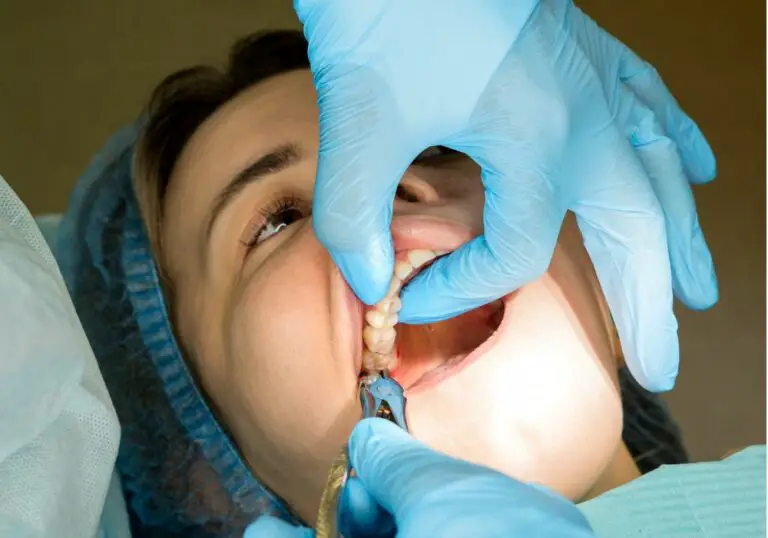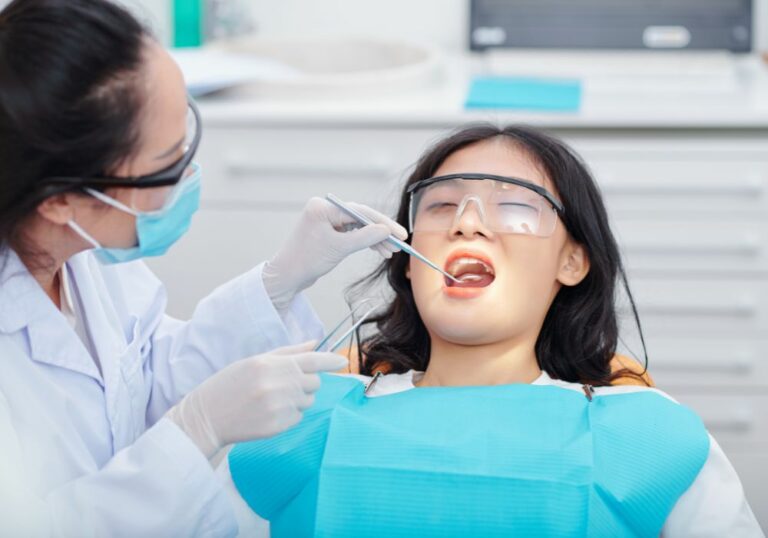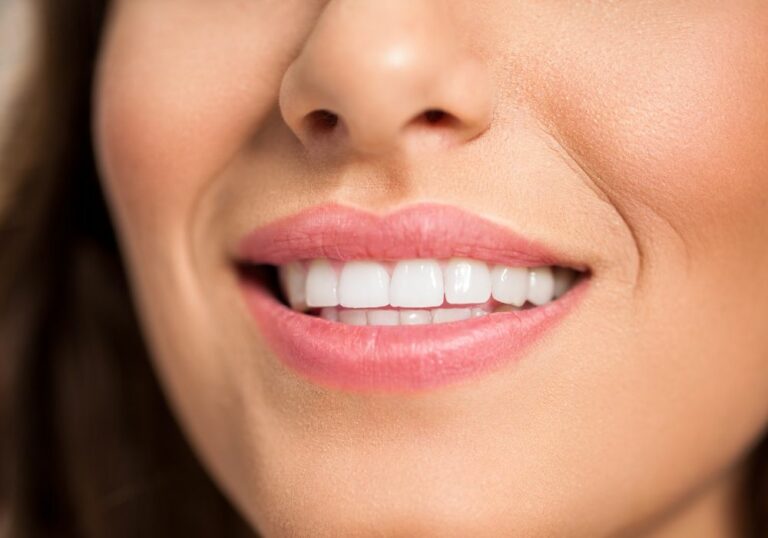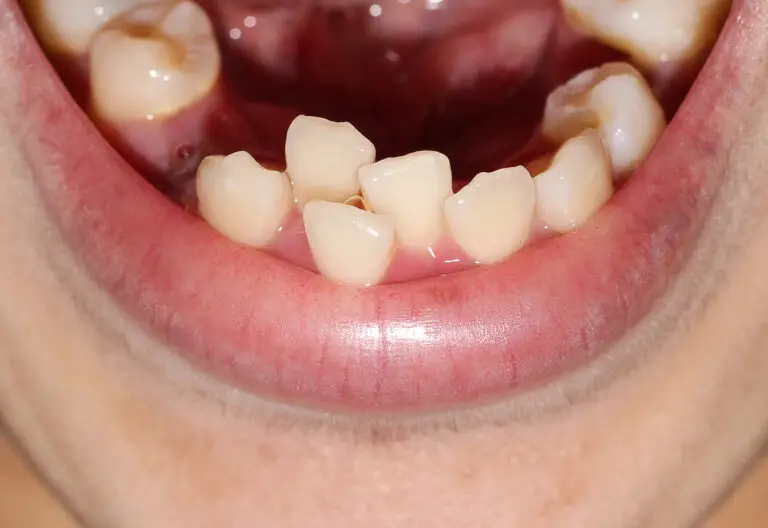Autism spectrum disorder (ASD) involves challenges with communication, social skills, repetitive behaviors, and sensory processing. Researchers are also finding that autism affects oral health and dental development in various ways. This in-depth article explores the connections between autism and teeth, including theories on how autism impacts dental health.
Dental Development Differences in Children with Autism
Numerous studies have uncovered discrepancies in tooth development and oral health between autistic children and their neurotypical peers.
1. Delayed Tooth Eruption
Multiple research studies show that autistic children often experience delayed emergence of both primary and permanent teeth:
- A 2016 study published in the Journal of the American Dental Association analyzed panoramic x-rays from 82 children with ASD. They found the autistic children had delayed dental development by an average of 1 year compared to their chronological age. For example, a 5-year-old child with autism showed dental development equivalent to a 4-year-old typically developing child.
- In a 2018 oral health study, researchers compared dental records for 200 autistic children versus 200 non-autistic children. Results showed delayed tooth eruption in the autistic cohort for all tooth types. Emergence of the first primary tooth was delayed by 5.6 months on average. Emergency of permanent first molars was delayed by roughly 11 months.
- A 2019 literature review encompassing 11 previous studies confirmed that all but one study found delayed tooth emergence among children with autism when compared to neurotypical controls matched for age and gender. Delayed emergence affected both primary and permanent dentition.
- The reasons for delayed dental development in autism are still being investigated, but factors likely include genetic differences affecting timing of tooth formation, variations in enamel development, and functional habits like bruxism that may delay emergence.
2. Enamel Formation Abnormalities
In addition to delayed emergence, the tooth enamel of autistic children often develops atypically:
- A 2013 study utilized specialized imaging to view enamel thickness in primary teeth from 16 autistic children compared to 16 non-autistic controls. The study found significantly thinner enamel in the autistic cohort by an average of 13-16 micrometers. Thinner enamel raises risk for tooth decay and sensitivity.
- A 2019 study used scanning electron microscopy to view the 3-dimensional structure of enamel in permanent first molars from 30 autistic children compared to 30 typically developing children. They found abnormalities in enamel microstructure such as uneven mineral distribution and increased porosity scattered throughout the enamel of the autistic group.
- Several studies note higher prevalence of enamel defects like enamel hypoplasia in children with autism. Enamel hypoplasia involves underdeveloped enamel that appears pitted or grooved.
- Contributing factors likely include genetic differences affecting amelogenesis (enamel formation), vitamin D deficiency, exposure to medications like anti-epileptics, and functional habits.
3. Increased Teeth Grinding and Associated Problems
Children with autism appear to experience significantly higher rates of bruxism (teeth grinding) and associated dental wear and sensitivity:
- A 2020 literature review on bruxism in autism analyzed 16 previous studies. Across all studies, an average of 70% of autistic children demonstrated teeth grinding habits, compared to only 15% on average in control groups of non-autistic children.
- Observed consequences of bruxism included excessive tooth wear, dentin exposure that causes temperature and pressure sensitivity, cracked enamel, and facial muscular pain.
- Researchers theorize that bruxism serves as a self-soothing behavior for some autistic individuals. Teeth grinding may also relate to sensory-seeking behaviors, sleep disturbances, side effects of medications, airway obstruction during sleep, and coping with stress and anxiety.
In summary, scientific evidence clearly demonstrates that children on the autism spectrum experience differences in dental development, enamel formation, and oral habits compared to typically developing peers. These discrepancies can negatively impact oral health.
Oral Health Challenges with Autism Spectrum Disorder
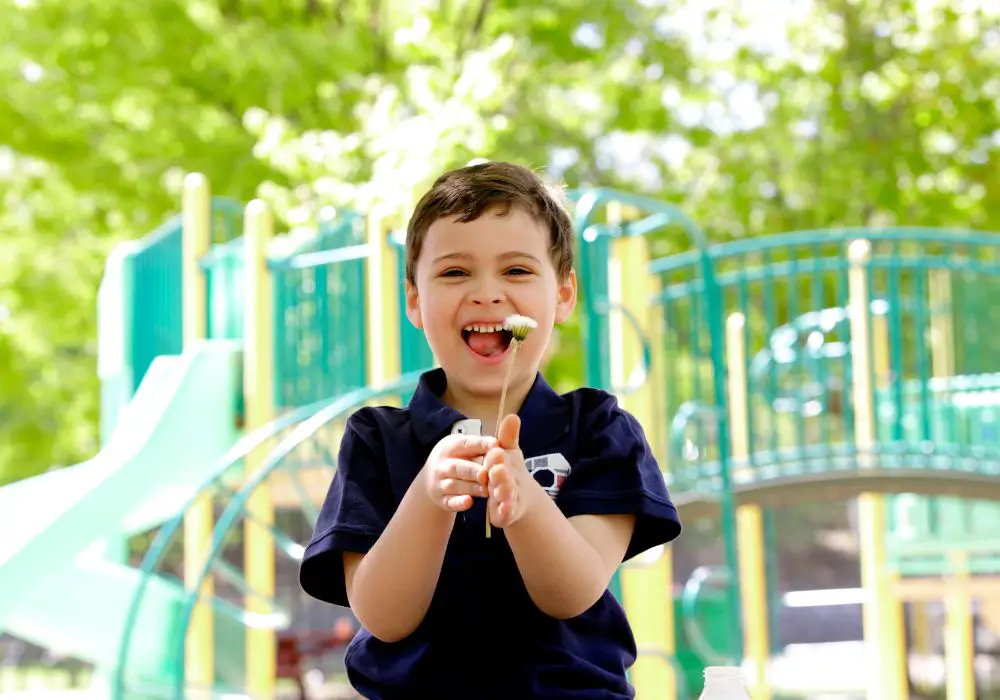
Beyond differences in dental development, children and adults with autism are at higher risk for certain oral health challenges stemming from the symptoms of their condition. These include:
1. Sensory Sensitivity Around Oral Hygiene
Most autistic individuals struggle with some degree of sensory processing disorder, which commonly affects the mouth and teeth:
- Tactile hypersensitivity is frequently seen in ASD, meaning touch sensations are perceived as abnormally intense. The feeling of a toothbrush on the teeth and gums can cause significant discomfort or even pain.
- Tastes, smells, temperatures, and textures inside the mouth may also be overwhelming for those with heightened oral sensitivities. These sensory issues can make daily habits like brushing extremely difficult.
- Parents report that children often gag, become distressed, or have tantrums during tooth brushing due to hypersensitivities. Adults also avoid oral care due to sensory overload.
2. Difficulties Tolerating Dental Exams and Procedures
In addition to daily hygiene, autistic patients often struggle with cooperating during professional dental treatment:
- The loud sounds of the dentist’s drill and suction, bright exam light, and physical proximity of having someone work inside their mouth can be extremely distressing for children and adults on the spectrum.
- Unfamiliar tastes and scents of dental materials, difficulty understanding what is happening or verbal instructions, and discomfort being touched around the mouth make treatment cooperation challenging.
- Extreme anxiety frequently leads to fight or flight responses – crying, screaming, grabbing, kicking, gagging, eloping from the exam chair, or refusing to open mouth. This requires empathy, expertise, and behavioral guidance from the dental team.
3. Heightened Gag Reflex
Individuals with autism tend to have an exaggerated gag reflex, or hyperactive gag:
- A 2020 study used reflexology testing to compare gag reflex sensitivity in 40 autistic children versus 40 non-autistic children. Results showed a significantly lower gag threshold in the autistic group, meaning less stimulation triggered the gag reflex.
- A heightened gag further complicates oral home care and dental visits. Activities like brushing the tongue, flossing, dental cleanings, x-rays, fillings, and orthodontic work become more difficult when gagging is easily triggered.
- Desensitization therapy can help minimize the hyperactive gag over time. Dentists also use methods like mouth props, numbing gels, throat sprays, distraction, and positioning adjustments to avoid gag stimulation during treatment.
4. Executive Functioning Challenges
Many autistic individuals experience deficits with executive functioning skills like planning, organization, working memory, and multi-step task completion. This affects ability to perform and sustain daily oral hygiene:
- Establishing a toothbrushing and flossing routine requires organizational skills and the ability to independently follow multi-step habits. These executive functioning tasks may be difficult.
- Forgetting to brush, skipping steps, having meltdowns when routine is disrupted, and losing track of time while brushing are common. Many autistic children and some adults need supervision and assistance with oral care.
- Without proper daily home care, plaque builds up leading to higher incidence of dental caries and gingivitis in this population. Professional cleanings and preventive strategies are key.
Due to these types of challenges, scientific literature substantiates poorer oral health outcomes among autistic patients across all ages. Implementing accommodations and specialized therapy is essential for managing oral health.
Effective Dental Care Strategies for Autism Patients

Specialized techniques allow dentists and hygienists to provide positive oral health care experiences for autistic patients:
1. Use Visual Supports and Clear Communication
- Social stories and picture books can explain visiting the dentist in an autism-friendly way. These are shared before visits to reduce anxiety.
- Tell-Show-Do method describes procedures using simple language paired with demonstrations on models.
- Clear visual schedules detail the steps of the visit in sequence using pictures and words to enhance predictability and cooperation.
- Avoid vague terms like “this will feel funny.” Use literal descriptions of sensations they may experience.
2. Assess and Accommodate Sensory Needs
-
Ask caregivers about problematic sensory triggers so steps can be taken to minimize distressing stimuli. For example:
- Provide noise-canceling headphones if drilling is painful
- Use mild flavored toothpaste instead of strongly scented
- Dim exam light if brightness is overwhelming
- Use a soft-bristled toothbrush for cleaning if firm touch causes discomfort
3. Help Prevent Gag Reflex Triggering
- Desensitize using toys and practice exams at home before dental visits.
- Use mouth props to keep mouth open without sensation of choking.
- Apply topical anesthetics to numb areas if needed for certain procedures.
- Offer flavored gauze or rinses with pleasing tastes.
- Position patient to avoid contact with gag trigger areas.
4. Use Effective Behavior Guidance Techniques
- Explain what is required for cooperation using visuals, first-then formats, and social praise.
- Use modeling, guided compliance, and positive reinforcement.
- In extreme cases of resistance, protective stabilization or sedation may be required.
- Frequent breaks can help autistic patients tolerate longer procedures.
5. Coordinate Care with Parents/Caregivers
- Discuss the child’s specific challenges and best approaches to support them through dental visits.
- Align home oral hygiene routines with office preventive care.
- Consider treatment with sedation or under general anesthesia if needed for safety and compliance.
With planning, preparation, specialized techniques, and caregiver collaboration, the barriers to good oral health can be overcome for autistic patients.
Theories on How Autism Affects Teeth and Oral Health

While research clearly shows a link between autism and differences in dental development and oral health, the specific mechanisms behind this connection are still being investigated. There are several theories proposed:
1. Genetic Factors Influencing Tooth Formation
Since autism has a strong genetic basis, researchers hypothesize that dental differences associated with ASD may stem from genetic variability affecting tooth development and enamel formation:
- Autism-linked genes involved in embryologic development of the brain and nervous system may also impact timing of tooth germ development in utero when teeth are first forming.
- Genetic factors could lead to differences in gene expression during amelogenesis (enamel formation) after birth, producing abnormalities in enamel ultrastructure.
- Identifying specific genes and biological pathways involved will shed light on the genetic ties between autism and dental development.
2. Environmental Exposures and Nutritional Deficiencies
Certain prenatal or childhood exposures associated with increased autism risk may simultaneously impact dental development:
- Several studies note links between prenatal vitamin D deficiency and increased risk of both enamel hypoplasia and autism spectrum disorder, suggesting nutritional factors in utero could underlie both conditions.
- Exposure to heavy metals like mercury during early brain development may affect emerging teeth as well. More research is needed on environmental exposures.
3. Medications Used to Treat Autism
Medications commonly prescribed to individuals with autism may also alter dental development and oral health:
- Anti-epileptic drugs used by many autistic children are associated with enamel hypoplasia and increased caries risk due to drug-induced dry mouth.
- Antipsychotics, SSRIs, and other psychiatric medications can also cause dry mouth and associated dental problems.
4. Oral Sensory Differences
Sensory processing abnormalities in autism likely impact oral hygiene and dental health:
- Tactile defensiveness and oral hypersensitivity can make tooth brushing unbearable, allowing plaque accumulation.
- Sensory cravings for chewing, biting, grinding, and other oral habits may increase teeth wear and malocclusion.
- Taste and smell oversensitivities reduce diet variety, potentially indirectly affecting dental health.
5. Anxiety and Rigidity Around Oral Care
Resistance to oral care due to social/communication challenges, rigidity, and anxiety may play a role:
- Insistence on specific toothpaste or brush, gagging, and behavioral outbursts can interfere with regular and thorough hygiene.
- Dental anxiety leads to avoidance and lack of preventive care.
While more research is still needed, scientists believe combinations of these genetic, medical, dietary, sensory, and behavioral factors likely contribute to the impact of autism on oral health for many patients.
Frequently Asked Questions
Are delayed teeth common for children with autism?
Yes, multiple research studies have shown that children with autism tend to have later emerging primary and permanent teeth compared to typically developing children. Delayed emergence spans from several months up to over a year. Additional dental development differences are also frequently seen.
Do adults with autism also have more dental problems?
Dental development differences in childhood can lead to ongoing oral health issues for autistic individuals through adulthood as well. Research focused on adult patients confirms higher rates of dental caries, bruxism, periodontal disease, and attrition compared to non-autistic adults. Implementing therapeutic care and accommodations continues to be important across the lifespan.
Is there a relationship between autism severity and degree of dental problems?
Some preliminary research indicates more significant differences in dental development and oral health needs among children with severe autism compared to those with mild or moderate ASD. Those with intellectual disability in addition to autism also face greater challenges. However, more studies are needed looking specifically at how autism severity interacts with dental health.
What homecare tips can help protect an autistic child’s teeth?
- Use visual supports to establish a consistent oral hygiene routine
- Identify toothbrushes and toothpastes tailored to the child’s sensory preferences
- Try different flossing tools and techniques if traditional flossing is too difficult
- Apply chewy tubes or textured tools to satisfy chewing urges in safer ways
- Conduct practice dental exams at home to desensitize the experience
- Provide reminders and supervision for brushing and flossing each day
- Limit sugary treats and drinks that cause cavities
Is sedation dentistry helpful for autistic patients?
Sedation using nitrous oxide gas, oral sedative drugs, or IV anesthesia can decrease anxiety and increase cooperation for some autistic patients during dental exams, extensive cleanings, or invasive procedures. Sedation allows complex treatment to be completed safely and thoroughly when needed. The risks and benefits must be carefully considered.
Conclusion
In summary, research continues to uncover connections between autism and atypical dental development, oral hygiene challenges, and poorer dental health outcomes. Identifying the underlying reasons for these associations while providing therapeutic accommodations and care is key for supporting the oral health of autistic individuals. With increased understanding and access to dental providers informed about autism’s impacts on oral health, the wellbeing of patients across the spectrum can be improved.


